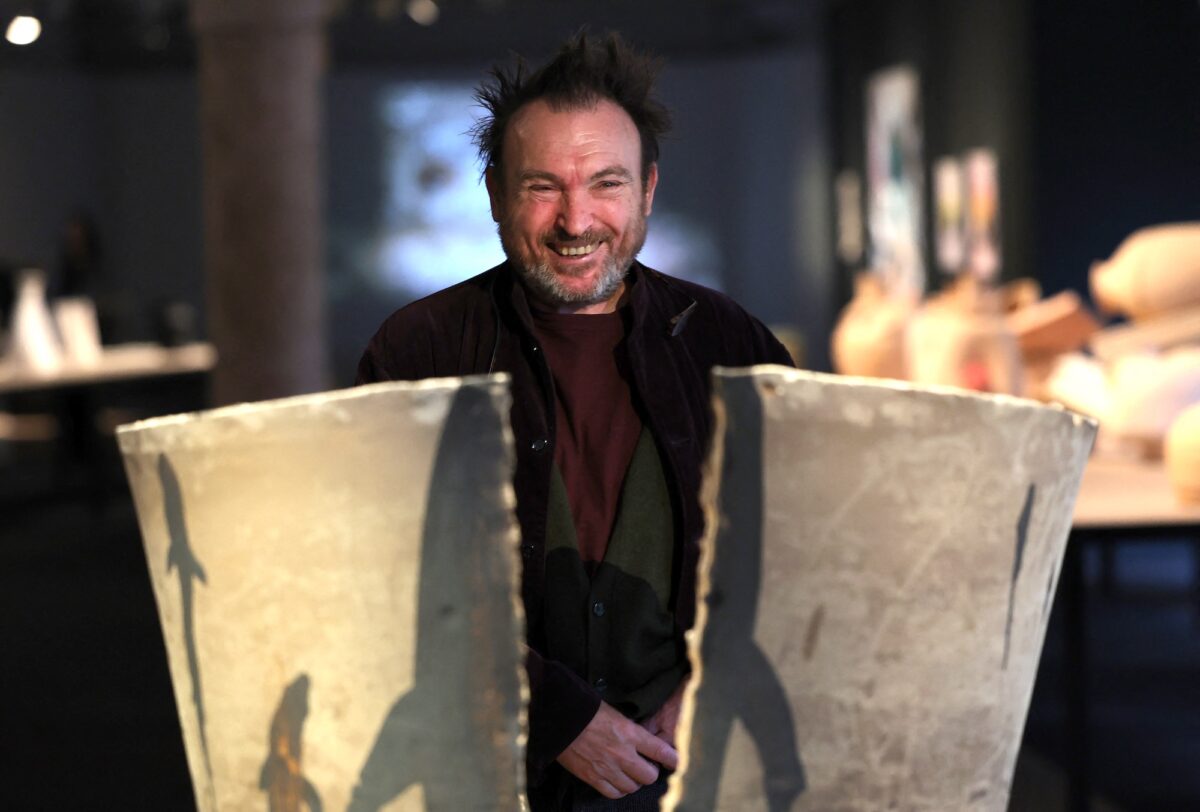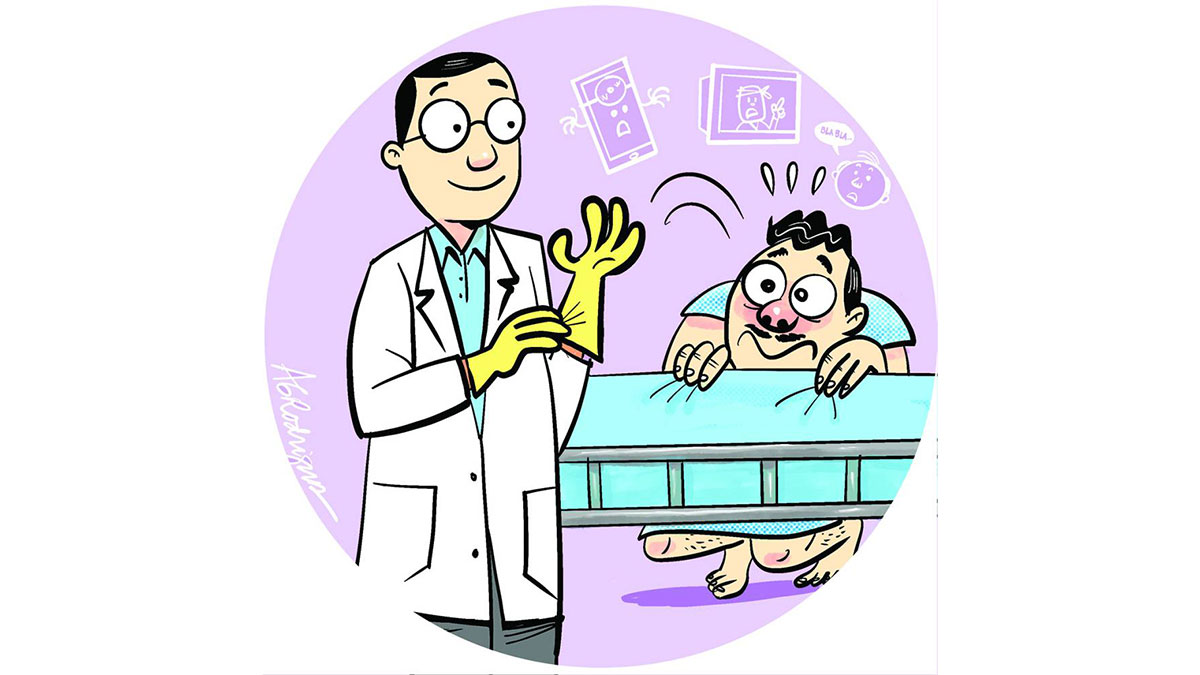
Colleagues sometimes find us odd when we advise our heart patients to listen to classical music, specifically Mozart’s sonatas, for 20 minutes to half an hour daily. We tell them that it’s part of their therapeutic regimen, and failing to listen to their daily dose of Mozart music is like skipping an important medicine they are prescribed.
Time and again, we’ve emphasized in this column that stress is a dominant risk factor in causing stroke and heart attack. Its impact on one’s health gets worse when one is told that he or she has a serious heart problem that might even require surgery or other aggressive intervention. Human frailty kicks in, and the majority of heart patients can’t help but worry about it night and day. This revs up the nervous system, churning out excessive levels of the stress hormone cortisol, which makes the heart beat faster, the heart muscles more tense and making the arteries constrict, limiting further the already compromised blood circulation.
Listening to classical music like Mozart’s can reduce this stress response of the body. Some studies show that it does not only reduce cortisol levels, but also triggers other physiological benefits like lowering the blood pressure (BP), reducing the heart rate and relaxing the heart. It can also increase the release of dopamine, the feel-good neurotransmitter hormone in our brain.
A higher level of dopamine is associated with reduced stress and better mood. In essence, this is what is called the “Mozart effect,” which has been shown to have the same bodily effects as a therapeutic calming massage.
Larger studies
Admittedly, the studies showing the beneficial effects of Mozart or classical music are small studies, and we need larger studies to confirm it, but why wait for another quarter of a century for such a study when you can painlessly enjoy the benefits now, without having to worry of any serious side effects, which new potent medicines may carry?
One such small study published in the journal Deutsches Arzteblatt International has found that listening to Mozart for 25 minutes daily could have beneficial effects on the cardiovascular system. It lowered both systolic BP (coinciding with the contraction of the heart and flowing of blood through the arteries) and diastolic BP (the basal circulatory pressure when the heart is at rest in between beats).
In the study, separate groups listening to Mozart, Strauss or Abba music all showed beneficial effects on the BP, but the Mozart effect showed the most significant reduction in the BP. Listening to Mozart, Strauss or Abba reduced systolic BP by 4.7 mmHg, 3.7 mmHg and 1.7 mmHg, respectively, while diastolic BP was reduced by 2.1 mmHg, 2.9 mmHg and with nil effect, respectively. Cortisol levels were also lower in the three groups. There were control groups for each music group, who didn’t listen to any music.
According to the researchers, for music to reduce BP, “It should have no lyrics, have few changes in volume or rhythm, have harmonies that ‘are not rousing,’ and … certain parts of the music should be repeated in intervals.” Such may be noted in classical music, particularly Mozart’s. The observed benefit on the BP is almost as good as cutting down on salt and exercising regularly.
Intensive care patients
Patients in intensive care units suffering from pain, particularly post-trauma or surgery, may also benefit from the Mozart effect.
The International Journal of Critical Illness and Injury Science published another small study showing that critically ill patients in pain, aggravated by anxiety, depression and sleep disturbances, benefited from the Mozart effect. Specifically, remarkable benefits were observed in patients who listened to Mozart’s “Sonata for Two Pianos” and Beethoven’s “Moonlight Sonata,” as shown by significantly lower heart rates and improved oxygen saturation, leading to quicker post-stress recovery.
Several years ago, Prof. Sabino Iliceto, head of the cardiac, thoracic and vascular sciences of the University of Padova in Italy, personally discussed with us his group’s study, also showing the same beneficial effects of classical music on the cardiovascular health. The University of Padova is one of the oldest universities in the world, where scientists like Galileo and Copernicus roamed its corridors several centuries ago.
Its medical school is also the oldest in the world, and Professor Iliceto and his team of researchers are the sources of many groundbreaking works contributing to the pool of knowledge on how to cost-effectively evaluate the human heart and circulation with various diseases.
Although their group is also at the front line with advances in surgical techniques and invasive interventions to “fix broken hearts,” they also support them with complementary treatments that include classical music. This is especially true for heart problems involving the small arteries or microcirculation, which cannot be helped with surgical procedures like coronary bypass surgery or angioplasty.
Usually when patients with chest pains (angina pectoris) consult their doctors, only obstruction of the big arteries on the surface of the heart is evaluated. These are the arteries being fixed by bypass surgery or angioplasty through the use of catheters inserted through the wrist or groin.
However, researches over the last 20 years have shown that these big arteries only comprise 5 percent of heart circulation. The much bigger part of the heart circulation is in the tiny but numerous articles penetrating the heart muscles. They comprise the microcirculation of the heart and is the source of what is now called microvascular heart disease (MVHD).
Major culprits
Just like in diseases which obstruct the big heart arteries, similar risk factors like high BP, diabetes, cholesterol problems, overweight and obesity and smoking are the identified major culprits in MVHD. But other factors that may lead to MVHD are the loss of the protective effects of the female reproductive hormones (estrogen and progesterone) after menopause; drugs like shabu, ecstasy, cocaine and marijuana; and even severe emotional stress.
In fact, cases of what is now called Takotsubo cardiomyopathy have been reported all over the world, after a Japanese physician first reported the cases of relatively young females presenting with an unusual case of heart failure following an intense emotional stress such as breaking off with their spouses or boyfriends. Hence, it’s also called as the “broken heart” syndrome. Traumatic situations and intense fear have also been reported to cause it in some case reports.
We joked with Professor Iliceto that we have a unique variant here in the Philippines, and it’s called “takot-asawa” heart failure due to intense fear of the wife. He joked back and said that “takot-asawa” heart disease is also prevalent in Italy.
The clinical importance of Professor Iliceto’s research and lectures on MVHD is that physicians should always consider this problem when assessing and treating their patients for heart disease. Unfortunately, to this date, MVHD is usually unrecognized, undiagnosed, and hence, inadequately treated.
This is unfortunate because getting the necessary information to find out if a patient has MVHD or not can be easily done with a 2D echocardiogram, available in more than 70 percent of the hospitals we have all over the country. It requires a simple, learnable technique which Professor Iliceto and his staff would gladly teach any heart doctor familiar with 2D echocardiogram who’d be willing to spend a few days in his heart laboratory.
Spared
By knowing the status of the heart microcirculation and if the patient has MVHD or not, the doctor can be better guided on how best to manage the patient. A lot of patients being referred for angioplasty or bypass surgery could perhaps be spared with a more thorough evaluation of the status of his heart’s microcirculation. MVHD cannot be treated by surgery, but it can be significantly improved by maximizing lifestyle changes, and with the use of effective and suitable medications.
Professor Iliceto shared the results of their pilot study supporting the beneficial effect of listening to classical music on the heart. In their study, patients having severe chest pains and heart attacks have shown significant improvement, on top of the effects of the medicines they were given, by simply listening for 20 minutes to the soothing sonatas of Mozart. Parameters of improvement of the circulation both in the big arteries and the microcirculation have been demonstrated.
It’s really amazing. And the good part is, we don’t have to wait to have a heart attack. Even those with normal hearts, and mild heart disease can benefit from it.
So, excuse us while we listen to Mozart’s “Symphony No. 8 in D Major.”












































